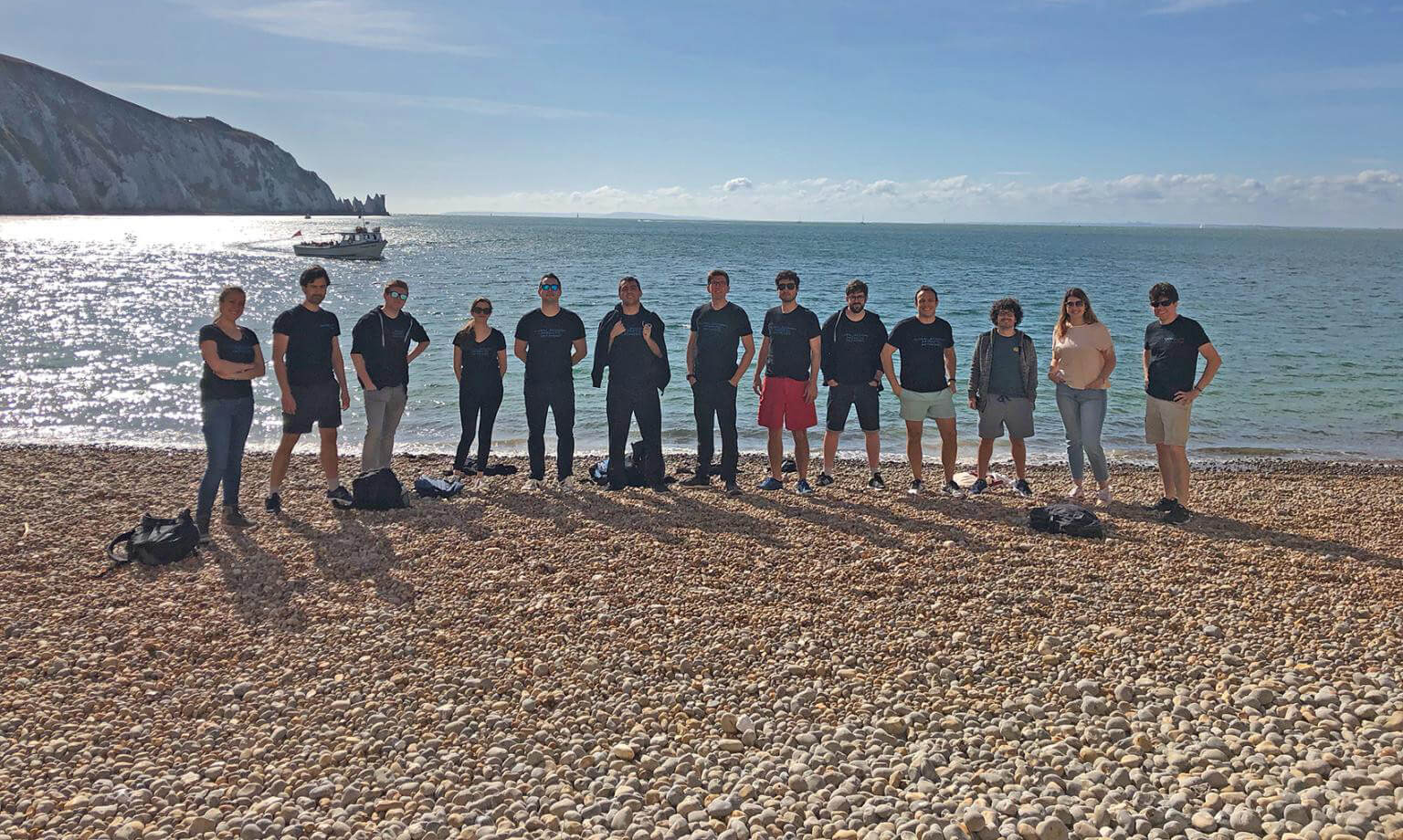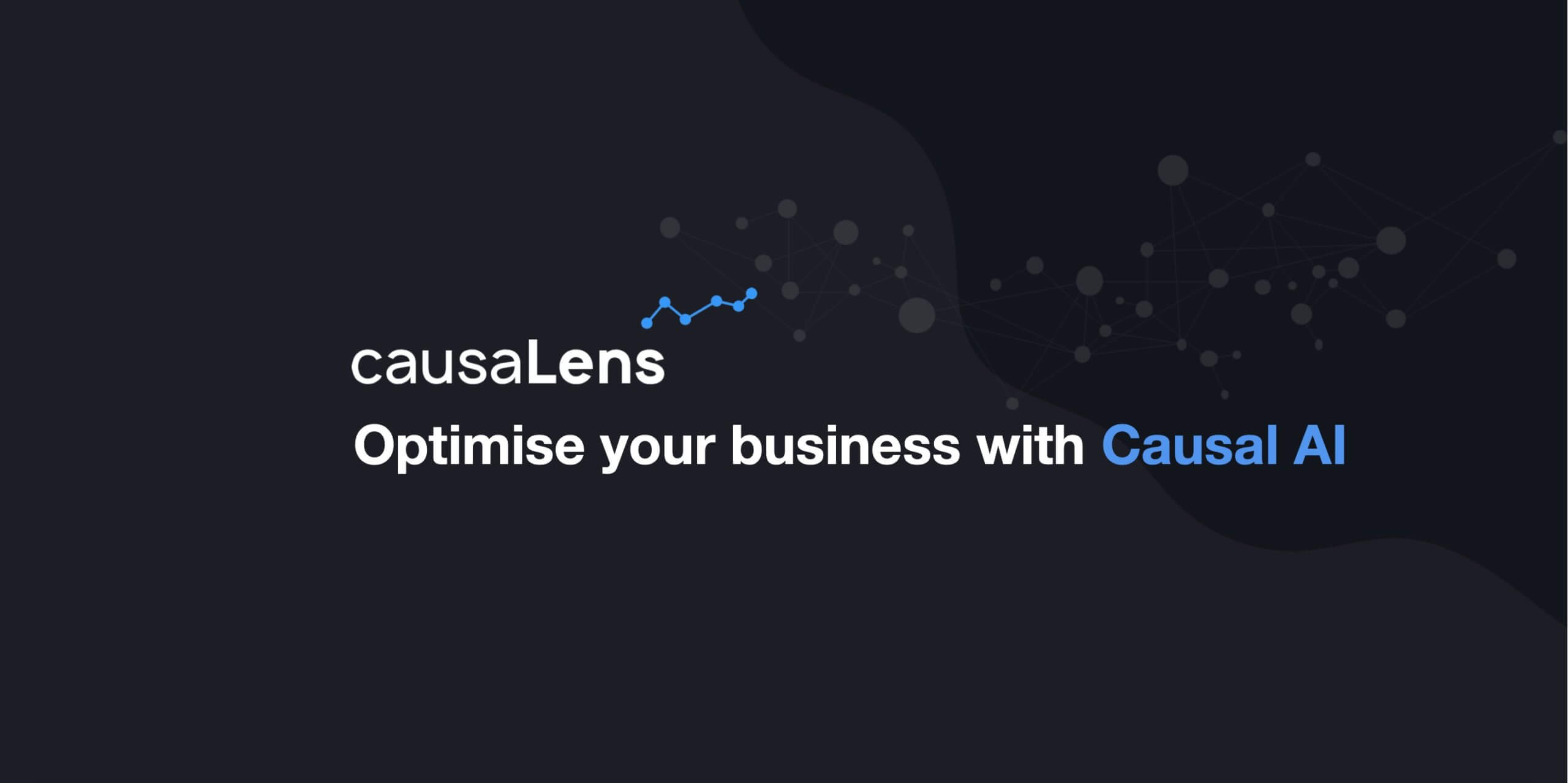Deeptech scaleup comes out of stealth mode with first public research paper and announces appointment of leading causality researcher.
London, 24 February 2021: causaLens, a deep-tech company which recently released the world’s first Causal AI platform, is set to build the world’s largest Causal AI research lab. Causal AI is the next step in AI as it understands cause and effect as opposed to current Machine Learning techniques which are based on historical datasets.
causaLens is also debuting its first research paper “Data Generating Process to Evaluate Causal Discovery Techniques for Time Series Data” showcasing a benchmarking system for causal discovery techniques – a key step towards helping the community to harmonise the evaluation of causal techniques. causaLens’ CEO also delivered an inspirational talk on the topic of “The challenges and latest advances in the field of Causal AI” at the 2020 Neural Information Processing Systems (NeurIPS) Conference.
“We are excited to announce that Dr Hana Chockler, Associate Professor at King’s College London with more than two decades of research experience in causality, joins us as Principal Investigator to lead one of our research teams. Dr Chockler brings a powerful vision of advancing towards universal causal and explanation mechanisms which will contribute to further scientific development and deliver immense value for our customers through product innovation”, explains causaLens CEO Darko MatovskicausaLens has a track record of empowering a range of corporates across multiple industries. Customers include some of the world’s largest Asset Managers, Hedge Funds, Tier-1 Investment Banks, Transportation and Logistics companies, and Energy and Commodity traders.
“Over the last four years we have observed that enterprises across Finance, Technology, Energy, Telecommunications and other industries are trying to optimise their businesses by acquiring machine learning capabilities. However, machine learning has severe limitations when applied to the real world. It assumes that historical patterns will hold in the future, which often is not the case in our increasingly dynamic world. At the same time, there is a lack of trust. Businesses struggle to let machines they don’t fully understand make decisions for them” explains causaLens CTO Maksim Sipos.
“Causality has the potential to solve these problems with truly robust, explainable and high-performing models. We have observed that the academic research in causal inference & causality, is not applicable in realistic settings, and makes unrealistic assumptions. This led us to build the largest Causal AI lab in the world.”
“Even the most sophisticated enterprises with huge teams of top data science talent have struggled to navigate the changing environment in 2020. The majority of models in trading, supply-chain and telecommunications networks have completely broken. The problem is with current machine learning technology. We are looking forward to continuing to advance the state of the art in Causal AI, engineering systems that are robust as the world changes and that can recommend business actions to directly optimise for KPIs.” Matovski comments.
Originally published on causaLens’ website.


